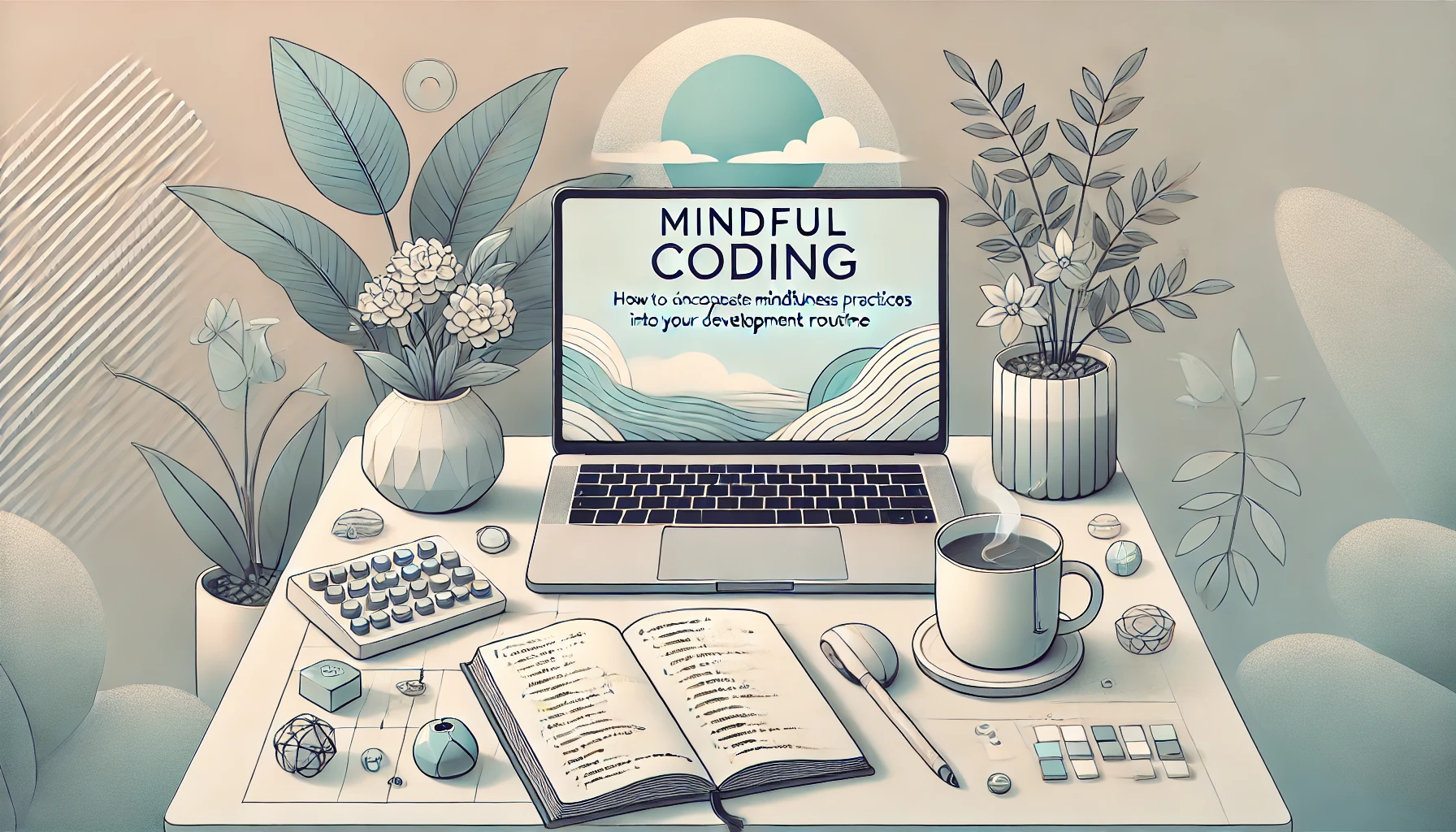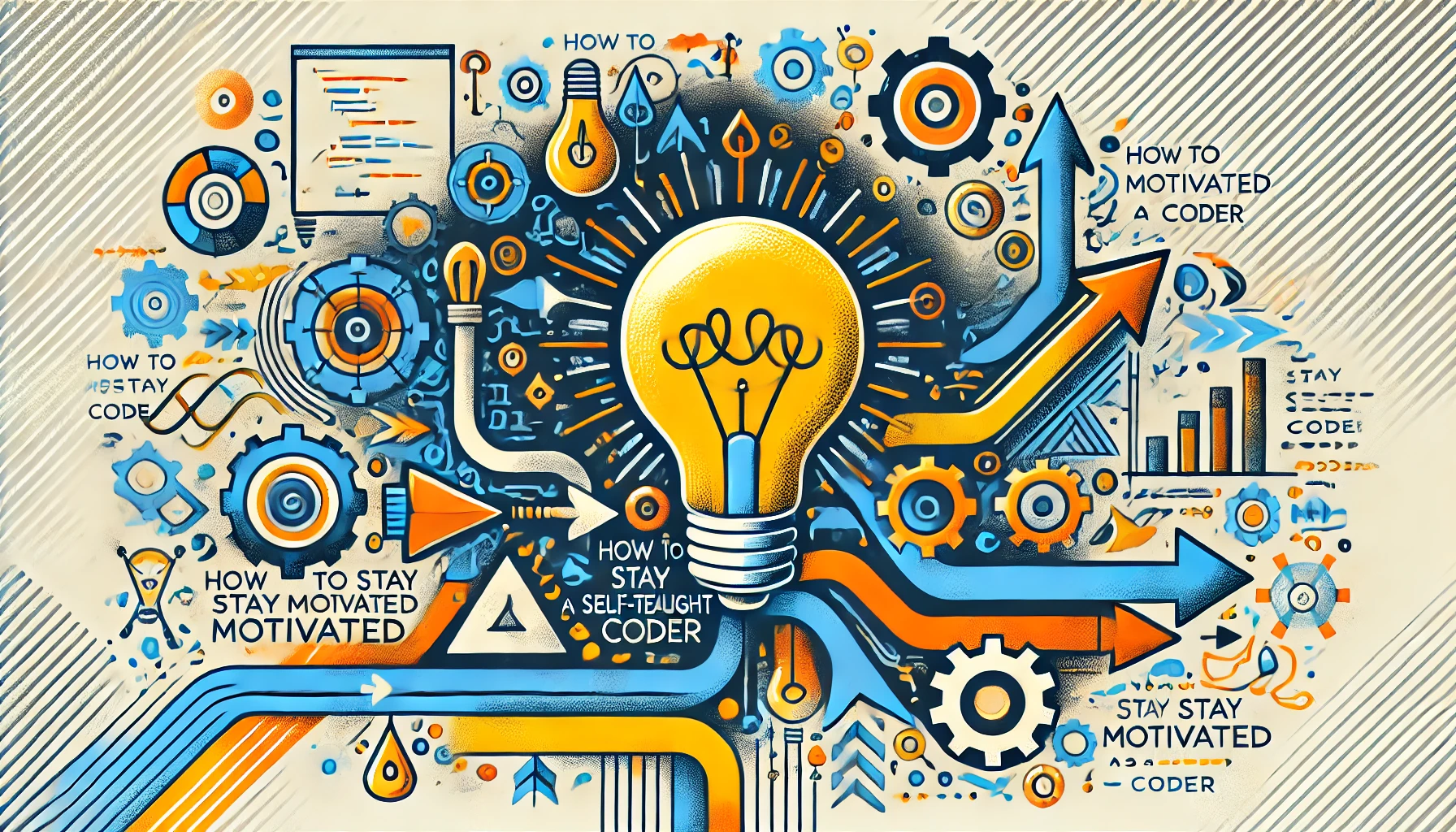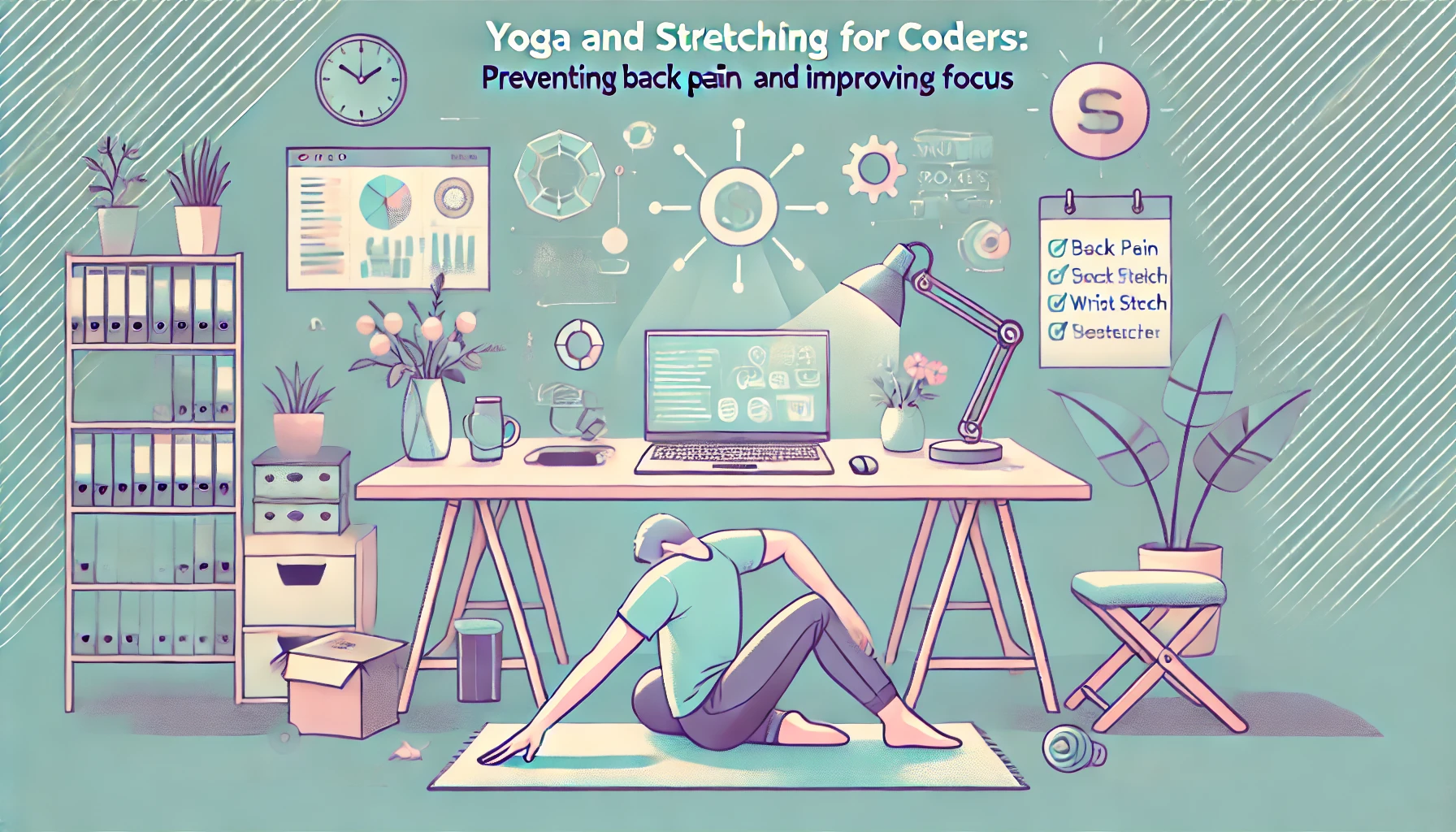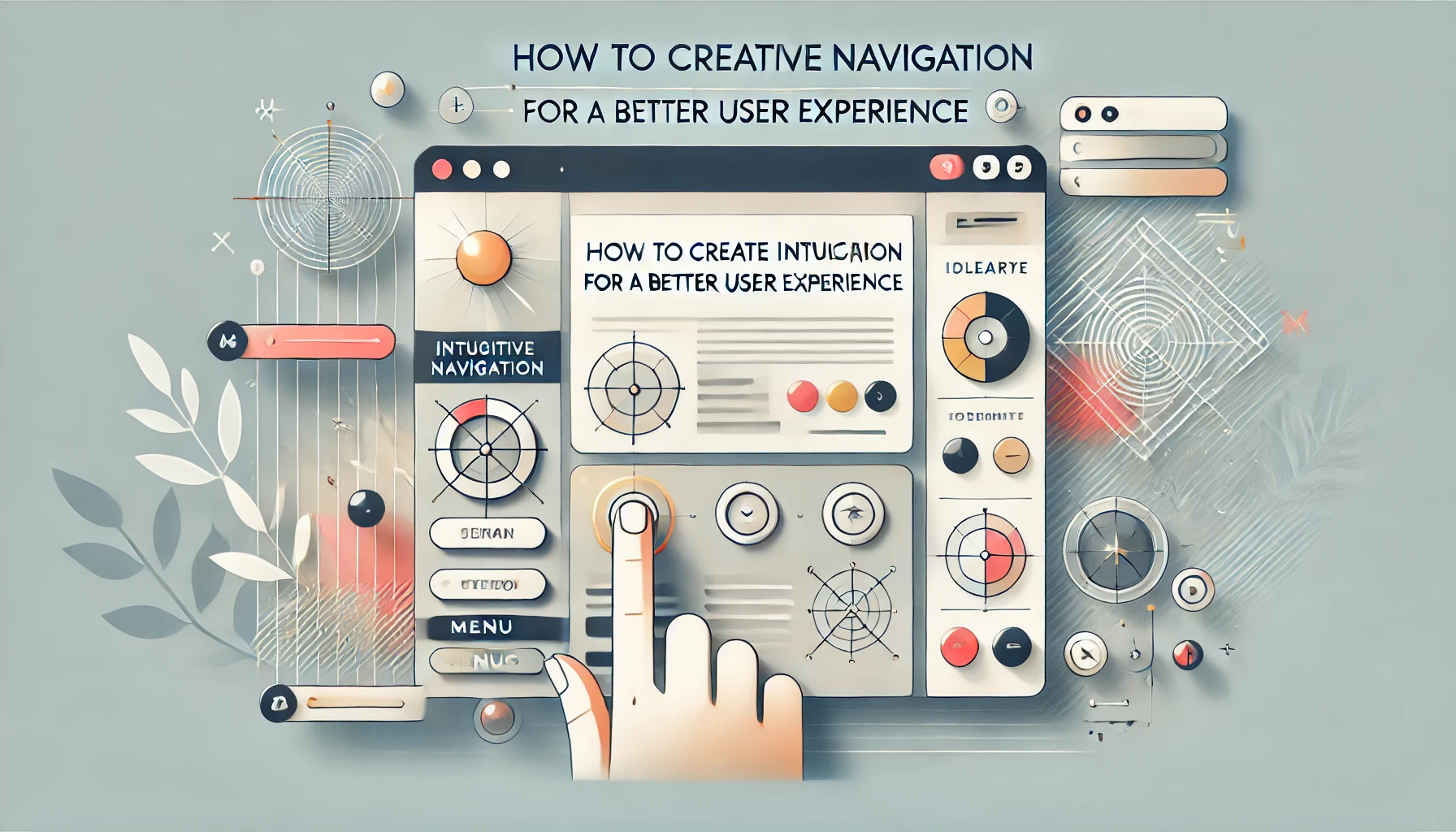
In the fast-paced world of coding, it's easy to get caught up in the rush—debugging code, meeting deadlines, and tackling complex problems. Yet, in this chaos, it’s often the quiet moments of mindfulness that can make the biggest difference in both our mental well-being and productivity.
Mindfulness for coders isn’t just about taking a breather from the screen; it’s a powerful practice that can reduce stress, clear your mind, and boost creativity. In this post, we’ll explore how you can seamlessly integrate mindfulness techniques into your daily coding routine to improve focus, reduce burnout, and keep you at the top of your game.
Why Mindfulness Matters for Coders
Coding isn’t just about typing commands and solving algorithms. It’s a mental marathon that demands focus, precision, and an incredible amount of brainpower. This constant mental exertion can lead to stress, frustration, and even burnout. Mindfulness offers a solution by teaching us how to step back and focus on the present moment, reducing anxiety and sharpening concentration.
Mindfulness can:
- Enhance focus: By practicing mindfulness, you train your brain to stay present, which leads to better concentration and fewer distractions during coding.
- Lower stress levels: Mindful practices, like deep breathing and meditation, help activate the body’s relaxation response, reducing the impact of stress.
- Boost creativity: When your mind is calm and clear, you’re more open to creative problem-solving, making you a more efficient coder.
- Prevent burnout: Mindfulness encourages regular breaks, mental rest, and self-compassion, all of which help keep burnout at bay.
Simple Mindfulness Techniques to Try During Your Coding Routine
You don’t need to meditate for hours or drastically change your workflow to incorporate mindfulness into your coding routine. Here are five simple and effective mindfulness practices that any coder can integrate into their day:
1. Mindful Breathing for Focus and Calm
One of the simplest and most effective mindfulness techniques is focused breathing. When you’re deep in coding mode, it’s easy to get overwhelmed. Taking a few moments to focus on your breath can reset your nervous system, calm your mind, and refocus your energy.
How to Do It:
- Sit comfortably and close your eyes.
- Inhale deeply for a count of four, hold for a moment, and then exhale slowly for a count of four.
- Repeat for 3-5 minutes, letting your mind focus solely on the rhythm of your breath. If your mind starts to wander, gently bring your attention back to your breath.
Why it Works: Deep breathing activates the parasympathetic nervous system (the body’s "rest and digest" response), reducing stress and promoting clarity. This can be particularly helpful when you're facing a coding challenge and need to clear mental fog.
2. Mindful Breaks: The 5-Minute Recharge
Long coding sessions can lead to mental fatigue and decreased focus. Taking mindful breaks throughout the day can refresh your mind, improve your productivity, and reduce stress.
How to Do It:
- Set a timer to remind yourself to take a break every 25-30 minutes (the Pomodoro technique is great for this!).
- During your break, step away from your desk. Go for a quick walk, stretch, or just sit in silence for a few minutes. Focus on the sensations around you—notice the sounds, smells, or simply feel the air on your skin.
Why it Works: Mindful breaks give your brain a chance to rest, which boosts your energy levels and concentration when you return to coding. These breaks prevent cognitive overload, helping you work smarter, not harder.
3. The Body Scan: A Quick Tension Release
Coding often requires long hours of sitting, leading to physical tension in the neck, shoulders, and back. A quick body scan can help you relax and identify areas of tension that might be affecting your coding performance.
How to Do It:
- Close your eyes and take a few deep breaths.
- Mentally scan your body, starting from your toes and working your way up to your head. Notice any areas of tension or discomfort.
- Gently release the tension in each area by focusing on your breath and consciously relaxing that part of your body.
- Repeat the body scan every few hours to prevent physical stress from affecting your coding performance.
Why it Works: This practice encourages relaxation and helps break up the long hours of stillness, promoting both physical and mental well-being.
4. Set Intentions for Your Coding Sessions
One of the most powerful mindfulness techniques is the setting of clear intentions. Before diving into a coding session, take a moment to clarify what you want to achieve. This creates focus and purpose, reducing stress and guiding your work.
How to Do It:
- Before starting a new task or project, pause for a moment.
- Ask yourself: What do I want to accomplish in this session? What’s my intention for today’s work? This could be something simple like “write clean code,” or something more personal like “stay calm under pressure.”
- Visualize yourself working toward that goal with a calm, focused mindset.
Why it Works: By setting clear intentions, you mentally prepare yourself for success. It also helps you stay grounded in the present moment, reducing distractions and boosting productivity.
5. Practice Gratitude for the Process
Gratitude is an essential mindfulness practice that can shift your mindset and reduce stress. Rather than focusing on the challenges of coding, take a moment to appreciate the process, your growth, and the achievements, big or small.
How to Do It:
- At the end of your coding day, take a few minutes to reflect on what you accomplished.
- Write down or think about one thing you’re grateful for about your coding session: it could be the problem you solved, a new technique you learned, or the fact that you managed to take breaks and not burn out.
- Carry that sense of gratitude with you into the next coding day.
Why it Works: Practicing gratitude rewires your brain to focus on positive aspects, helping you remain calm and motivated in the face of challenges.
Mindful Coding for Long-Term Success
Mindfulness for coders is not just a short-term solution; it’s a lifestyle shift. Incorporating these simple practices into your coding routine can significantly reduce stress, enhance focus, and foster a greater sense of satisfaction in your work. In a field that can be both intellectually and mentally demanding, mindfulness offers a way to maintain balance and well-being.
The key to mindfulness isn’t perfection; it’s about consistently bringing your attention back to the present moment, whether through breathing, stretching, or setting intentions. By embedding mindfulness into your coding practice, you'll find yourself more focused, productive, and, most importantly, relaxed. Try it today, and see how mindfulness can transform your approach to coding.





